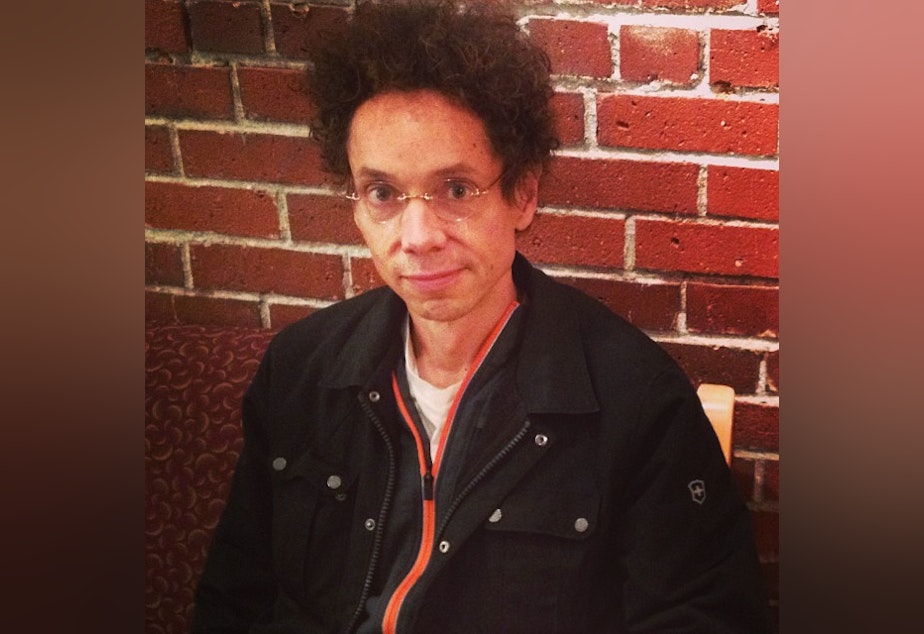Malcolm Gladwell: 'Why Do We Call David The Underdog?'

David and Goliath: the improbable victory, a one in a million outcome that never should have happened.
But New Yorker writer Malcolm Gladwell argues that diminutive David had the upper hand.
“The sling – it’s a devastating weapon, one of the most devastating weapons in the world,” Gladwell told The Record’s Ross Reynolds. “I talked to this one ballistics expert who said that the stopping power of a stone thrown from a sling is the equivalent of a 45mm handgun.”
His new book, "David and Goliath: Underdogs, Misfits and the Art of Battling Giants," addresses whether perceived weakness can sometimes be strength.
David, for example, may have appeared less impressive than the hulking warrior Goliath, but perhaps Goliath was handicapped by deformities that weren’t immediately visible. Endocrinologists have mused that Goliath may have had acromegaly, which causes gigantism and impairs one’s vision.
Sponsored
There are lots of things we think of as being entirely problematic, that aren’t, where the story is more complicated. So I talk about something like dyslexia and point out that there are two outcomes with dyslexia. One is that it can be a severe handicap in helping people make the most out of their life. But separately, extraordinary numbers of very successful entrepreneurs and successful professionals have dyslexia. And if you ask them about their success, they will tell you that I am successful not in spite of my dyslexia but because of it.
Not that someone would want their child to be born with dyslexia, Gladwell said. A high percentage of people in prison have dyslexia, he notes in the book.
But, he said, “A lot of what is beautiful and powerful in the world arises out of adversity.”
“We benefit from those kind of things,” he said. But “we wouldn’t wish them on each other.”
This interview originally aired on October 11, 2013.

